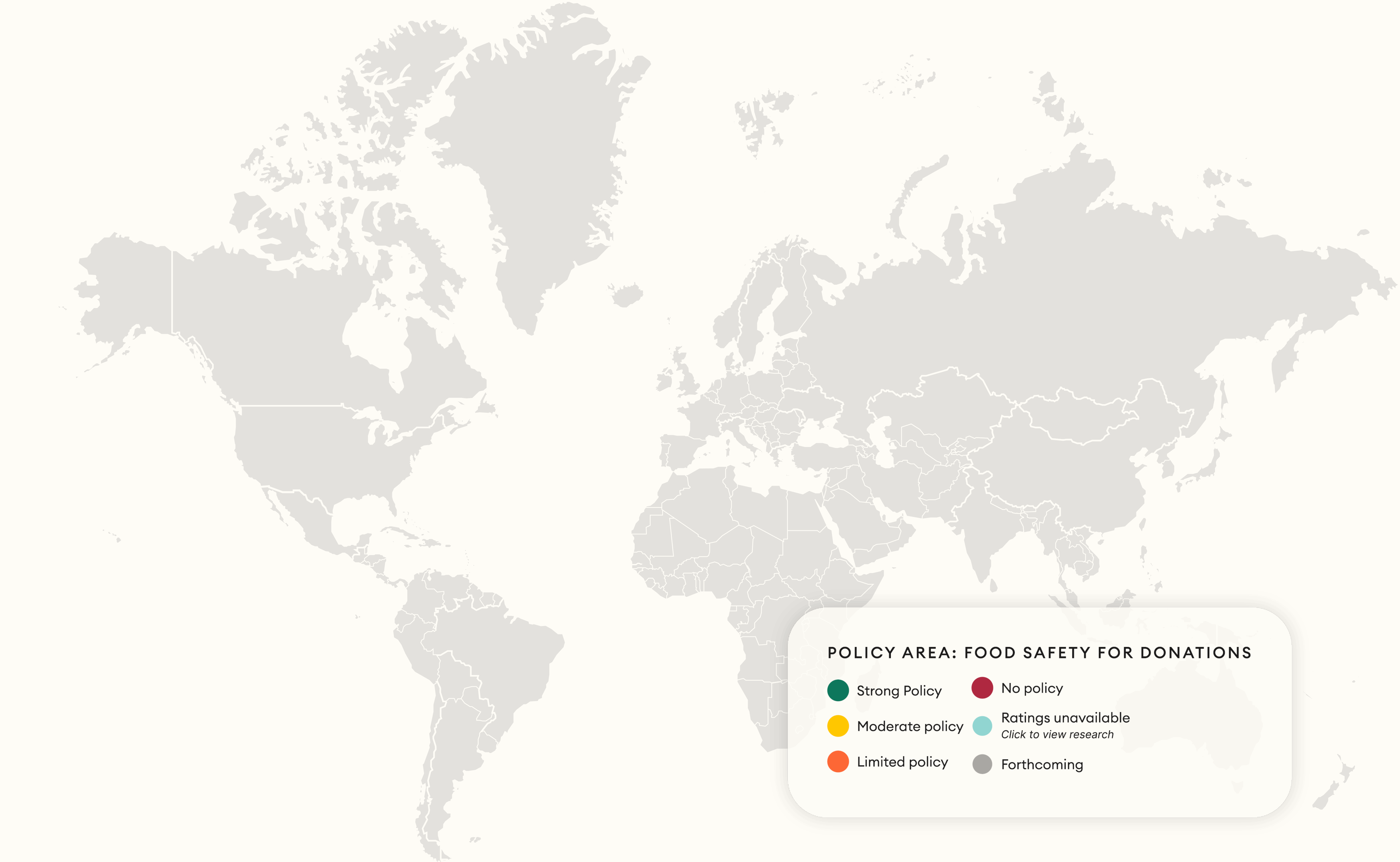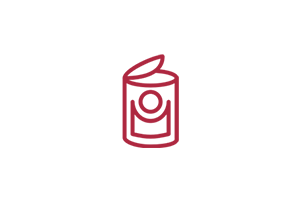Poland: Policy Highlights and Opportunities
Each year, more than 4.8 million tonnes (~5.3 million tons) of food are lost or wasted in Poland. Meanwhile, about 5.4% of the population faces moderate to severe food insecurity, and 6.6% of Poles live below the extreme poverty line. The government of Poland is taking steps to reduce this food loss and waste (FLW) and redirect surplus edible food to those who need it.
Atlas Research: Poland
Policy Highlights
The Poland research was published in June 2025 and was made possible with the advice and support of on-site partners, including the Federation of Polish Food Banks.
Policy Opportunities and Recommendations






